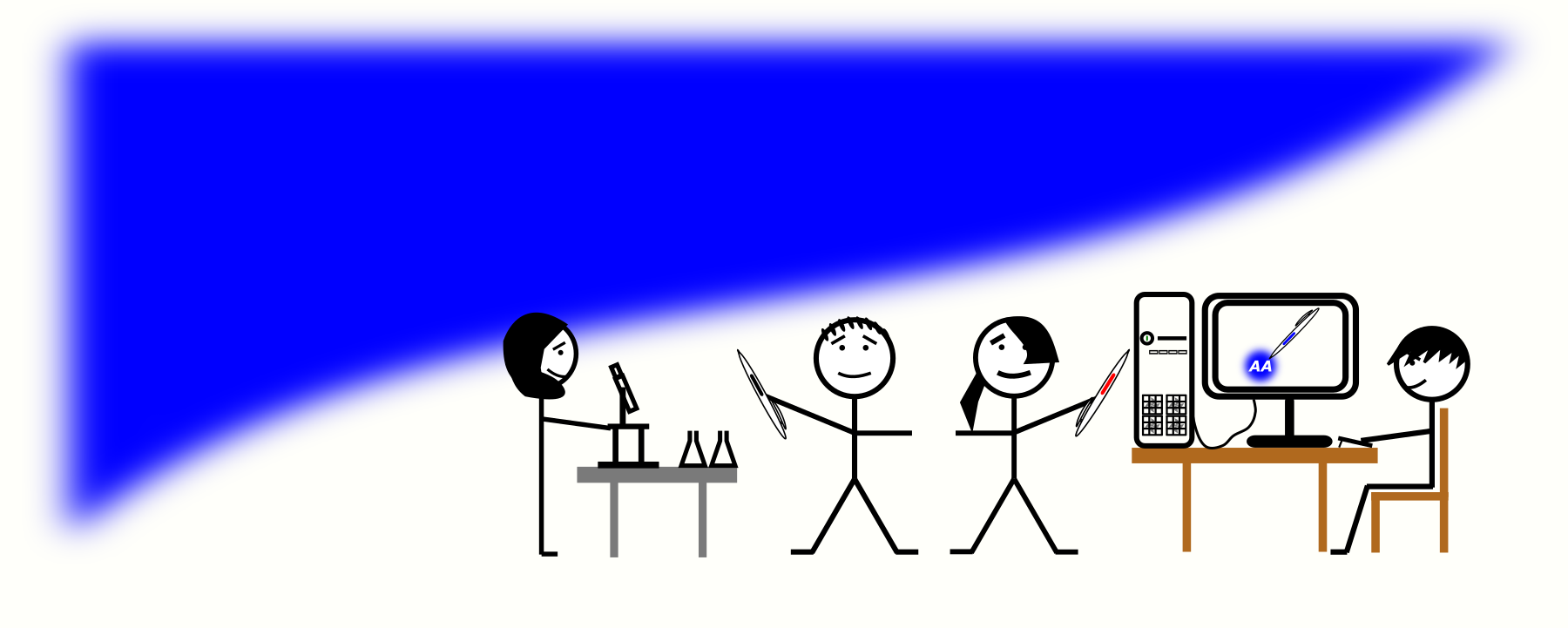
Science, comedy…probably other stuff
Let’s Get Started
Putting a personal touch on complex ideas
Science is such a big part of our lives today, but…what is it?
We hear about it in the news, from our teachers, our friends and colleagues all have their own scientific factoids to share with us. But what is it? How is it performed in practise? What can it tell us? Should science affect our outlook on life, our political decisions, our philosophies, economic decision etc? Recently, after chatting about how science is performed within academia, a friend and colleague of mine said that he thought I had a broad enough knowledge that I could write a book on the subject. I completely disagree, but nevertheless the only people who would read such a book are academics, and they aren’t the only people who need to know this stuff. Everyone needs to know this stuff! So, to I’m going to try and make all of these discussions more open and friendly by writing a blog instead. If internet culture is anything to go by, this will eventually be a Youtube channel, then a podcast, and then an Oxford Union lecture. Please like, share, subscribe and click the bell for notifications…
We’re going to look at how science works from a real fundamental level, so we can understand what’s happening when it affects our lives. I’ll probably talk a little bit about the science I do as well, which is a branch called computational biophysics. Quite a mouthful, but I promise you, biophysics it’s just as much a scientific frontier as quantum mechanics, particle physics and astrophysics, although for very different (and super interesting) reasons.
We’re also going to look a little bit at politics and economics. A lot of the physics we use in mesoscale biophysics apply very well to human society. The interactions between groups of humans, jostling around, bumping into each other, trying to interact whether in person, on the stock market, on social media platforms; these all have parallels in physical networks. Further, ideas from thermodynamics (the physics of heat, temperature and energy) also have interesting parallels with society at large. I think it’ll be interesting to discuss these. We’ll also discuss whether it’s ethcially justified to apply these models to human society. After all, unlike the Universe which as far as we know has unchangable “laws” governing it’s behaviour, the laws and rules by which society functions are designed by us, and can be changed by us. Humans also have the capacity for suffering, and so if we scientifically observe a pattern in human societal structure that leads to suffering, do we not have the moral duty to alter it?
Finally, we’ll also be having a look at philosophy. Science, at it’s core, isn’t about making things and technological breakthroughs. These are simply side effects of performing the scientific method. Science is an “epistomological framework”, a philosophy term meaning a method of attaining knowlege. From this perspective, doing science is more about gaining knowledge and understanding of the world around us than it is about simply making stuff. And so we might ask, what is this knowledge that science provides? Does it have limits? Is it compatible with other forms of knowledge, such as religious knowledge? Bringing all of this together, if science is a philosophical pursuit, then why is science only funded if it has some output that can be sold? Why is science funded at the expense of the humanities and the arts? What are we humans really trying to achieve with science?
These are complex ideas, but I hope that through this medium we can have a healthy debate about it! So have a read, get involved on social media, all that stuff, and we can make share some new ideas together :)
Science
What is science? How does it work? What science do I do? Come and find out!
Academia
What’s going on in the institutions of higher education and research science? Let’s find out!
A scientist’s perspective on the nonsense that it modern politics and economics. Maybe I can help make it a little more interesting and, you know, not insane
Politics & Economics
Books and movies and stuff are quite interesting, really. Especially when you start analysing them like a scientist would!


